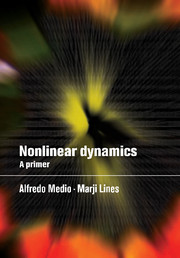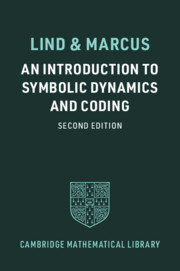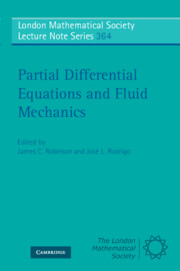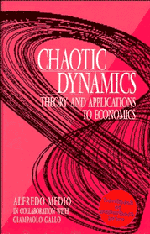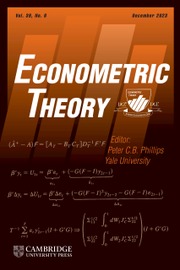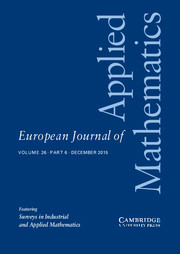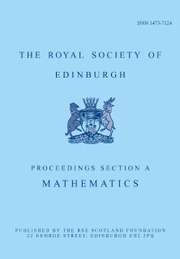Nonlinear Dynamics
A systematic and comprehensive introduction to the study of nonlinear dynamical systems, in both discrete and continuous time, for nonmathematical students and researchers working in applied fields. An understanding of linear systems and the classical theory of stability are essential although basic reviews of the relevant material are provided. Further chapters are devoted to the stability of invariant sets, bifurcation theory, chaotic dynamics and the transition to chaos. In the final two chapters the authors approach the subject from a measure-theoretical point of view and compare results to those given for the geometrical or topological approach of the first eight chapters. Includes about one hundred exercises. A Windows-compatible software programme called DMC, provided free of charge through a website dedicated to the book, allows readers to perform numerical and graphical analysis of dynamical systems. Also available on the website are computer exercises and solutions to selected book exercises. See www.cambridge.org/economics/resources
- Medio is a star name in the dynamics field, with a track record of major sales success with the Press
- The latest book in the Press's highly successful dynamics program
- Part of a complete teaching unit, including exercises, an associated website, and a Windows-compatible software program to offer a fuller understanding of dynamics
Reviews & endorsements
'… the book is well written and contains lots of useful information. It will serve as a good reference on dynamical systems both for students and researchers.' Zentralblatt für Mathematik und ihre Grenzgebiete Mathematics Abstracts
Product details
October 2001Paperback
9780521558747
316 pages
244 × 170 × 17 mm
0.61kg
Available
Table of Contents
- 1. Statics and dynamics: some elementary concepts
- 2. Review of linear systems
- 3. Stability of fixed points
- 4. Invariant and attracting sets, periodic and quasiperiodic orbits
- 5. Local bifurcations
- 6. Chaotic sets and chaotic attractors
- 7. Characteristic exponents, fractals, homoclinic orbits
- 8. Transition to chaos
- 9. The ergodic approach
- 10. Deterministic systems and stochastic processes.

